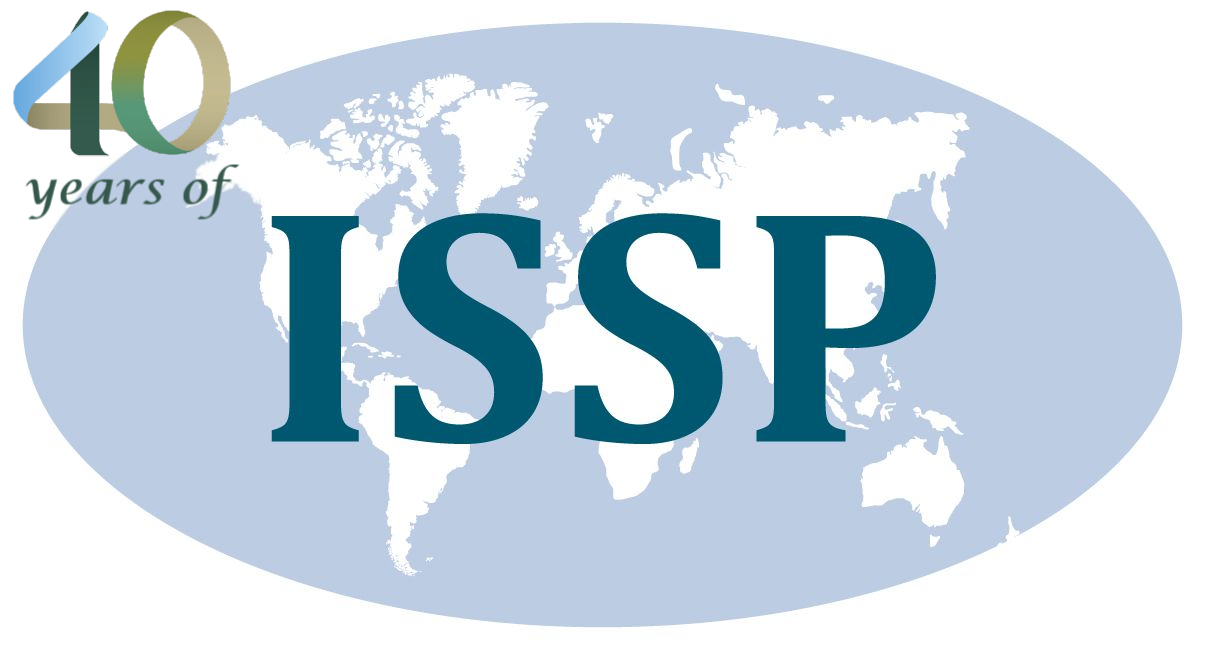South Africa
Human Science Research Council, Pretoria
The Human Sciences Research Council (HSRC) of South Africa is a statutory body, established in 1968. The HSRC is the largest research institute in Africa focusing on the social sciences and humanities. It conducts policy-relevant, social-scientific projects for public-sector users, non-governmental organisations and international development agencies, in partnership with researchers globally, but specifically in Africa.
The HSRC aligns its research activities and structures to South Africa’s national and development priorities. It produces and disseminates knowledge that contributes to policies and programmes to alleviate poverty, reduce inequality, and stimulate innovations for employment creation. To address all these key priorities the HSRC has consolidated its research capabilities into the following interdisciplinary, problem-orientated, research programmes:
- Developmental, Capable and Ethical State
- Equitable Education and Economies
- Public Health, Societies and Belonging
In addition, a number of cross-cutting research initiatives supports the work of the HSRC as a whole, its research programmes, as well external stakeholders. Examples of cross-cutting units include the Capacity Development and Internships unit and the Impact Centre.
The Human Sciences Research Council has been conducting the South African Social Attitudes Survey (SASAS) on an annual basis since August 2003. SASAS is a nationally representative sample survey that gathers information on the public’s attitudes, beliefs, behaviour patterns and values. The long-term aim of this survey programme is to construct an empirical evidence base that enables us to track and explain the attitudes, beliefs and behaviour patterns of the country’s diverse populations. This survey also hosts the annual ISSP modules.
The outputs of research projects include reports for users, occasional papers, and scholarly articles in peer-reviewed journals or books.
Africa
Europe
<< Member states
